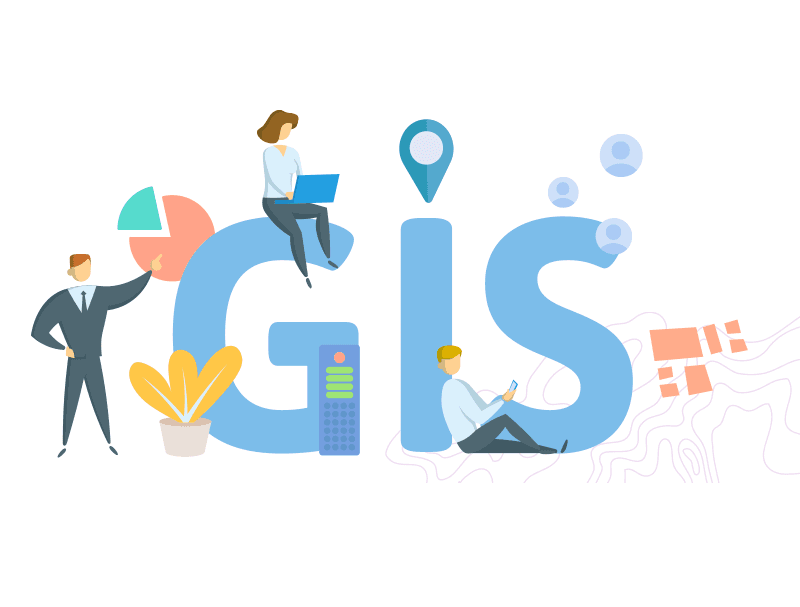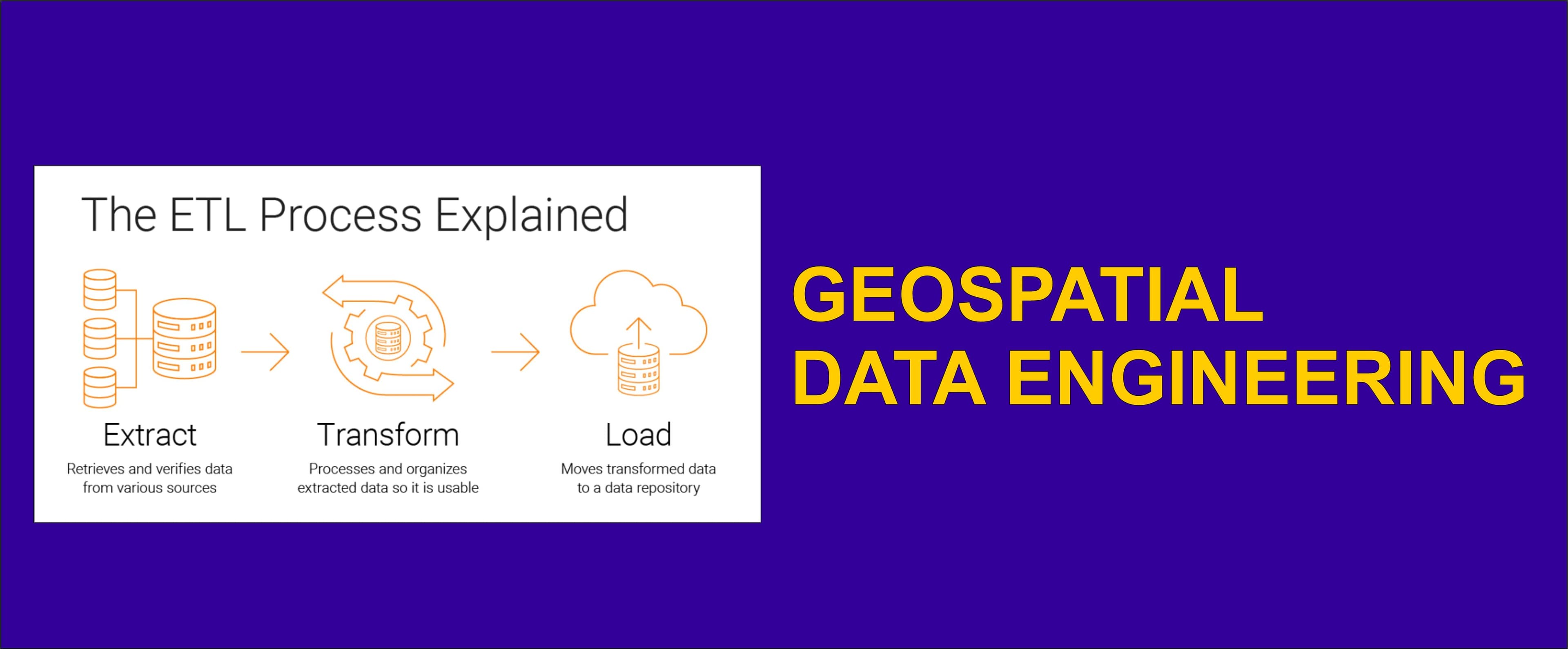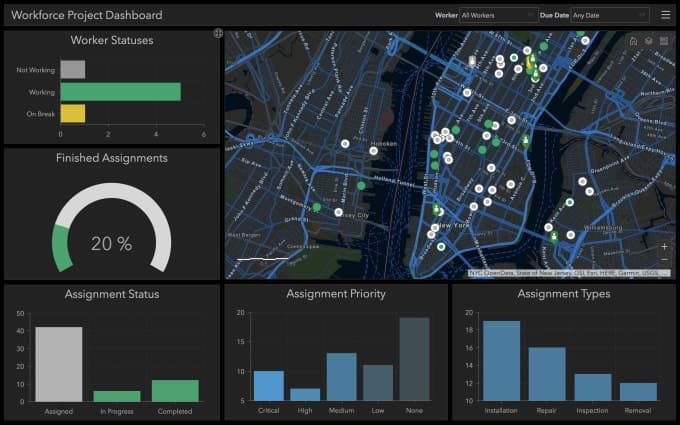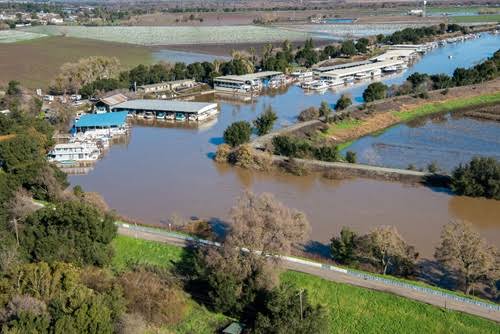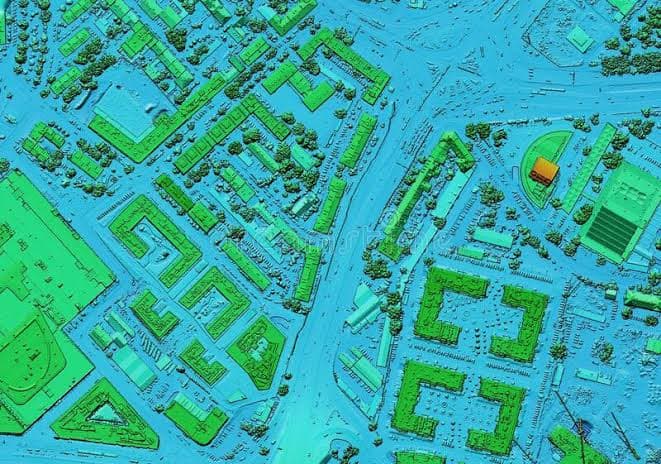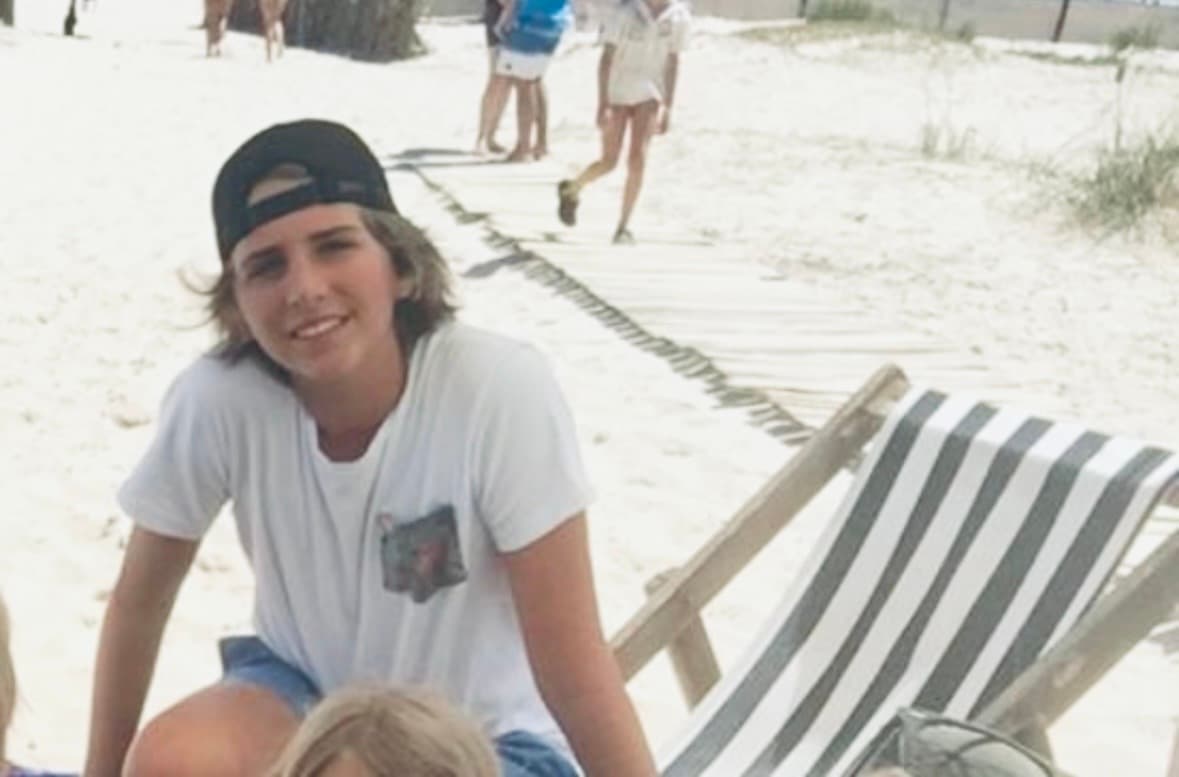For years, I have been everywhere in the geospatial word internships, short-term contracts, research collaborations, freelancing you name it. I’ve worked across different fields: health, environment, crime, retail, economics, land use, disaster management… the list goes on.
I enjoyed solving problems with GIS and remote sensing, learning new tools, and diving into different projects. But there was one problem, I couldn’t pick a niche.
I was a victim of my own curiosity and love for learning. I wanted to do it all. But at some point, I realized I needed to specialize to grow, get noticed, and unlock bigger opportunities.
The Moment It Hit Me
Meta AI: a cartoon boy being hit by a past thought
A few years ago, a senior colleague told me something that stuck with me.
“I only work with satellite imagery, I don’t like tabular or point data. You won’t catch me touching shapefiles.”
At the time, I found that surprising. I believe the project’s needs should determine the tools and data. But looking back, I see someone who defined his path, mastered it, and stayed consistent, and now he’s thriving in his niche, securing research funding and making an impact.
This realization hit even harder when I met with a professor who asked about my niche. I struggled to answer. I had done so much, but I didn’t have a clear focus. That was when it dawned on me:
✅ To grow faster and attract the right opportunities, I needed to specialize. ✅ A niche helps you stand out in a competitive field like GIS and Remote Sensing.
Why Finding a Niche Was Hard for Me
Meta AI: A boy Searching for Something on a Map
1️⃣ The Data Challenge: Most GIS and Remote Sensing work in Africa relies on freely available satellite data because high-quality proprietary datasets are limited. But when I worked with datasets like American County Health Rankings and American Community Survey, I became obsessed with spatial statistics and insight generation. Unfortunately, similar datasets aren’t readily available in my region, so I couldn’t apply those methods locally.
2️⃣ My Final Year Thesis: Initially, I planned to use machine learning for my research. But due to dataset limitations, I had to settle for a more traditional remote sensing method (AHP analysis). This showed me how data access impacts the kind of work you can do.
3️⃣ Being a “Jack of All Trades” in GIS
I called myself a Geospatial Generalist because I had worked on so many problems, but I lacked a clear identity or brand. I was just seen as “a GIS guy.” As a freelancer, I worked on multiple client projects across different niches and sectors, simply to make ends meet. I contributed to research, explored new tools, and constantly picked up new skills, as long as they were geospatial-related. At the time, having a niche didn’t bother me.
Being a generalist isn’t necessarily a bad thing, but I realized that my major domain should be my main focus. If I need to learn a skill to complete a task, I should pick it up, use it effectively, and then continue building expertise in my core area instead of constantly hopping across different fields.
Finally Defining My Niche
After deep reflection, I asked myself:
🔹 What excites me the most? 🔹 What aligns with my long-term goals? 🔹 Where can I make the most impact?
The answer?
🚀 Big Data & Remote Sensing for Environmental Change, Agriculture, Forestry, and Disaster Management.
I realized that understanding how environmental changes impact human life is what I love doing most. That’s my niche. That doesn’t mean I’ll ignore my other skills, but this is where I’ll focus my energy, build expertise, and grow.
Why This Matters
Being a generalist is great for learning, but if you want to grow, get funding, and attract the right opportunities, you need a niche. It helps you:
✅ Build a strong personal brand ✅ Attract relevant research and funding ✅ Be recognized as an expert in your field
I’ve finally defined my path, and I’m excited to keep growing in it. If you’re still figuring out your niche, don’t stress , explore, reflect, and align with what excites you the most.
💡 What’s your niche? Have you found it yet, or are you still exploring? Let’s discuss in the comments!



